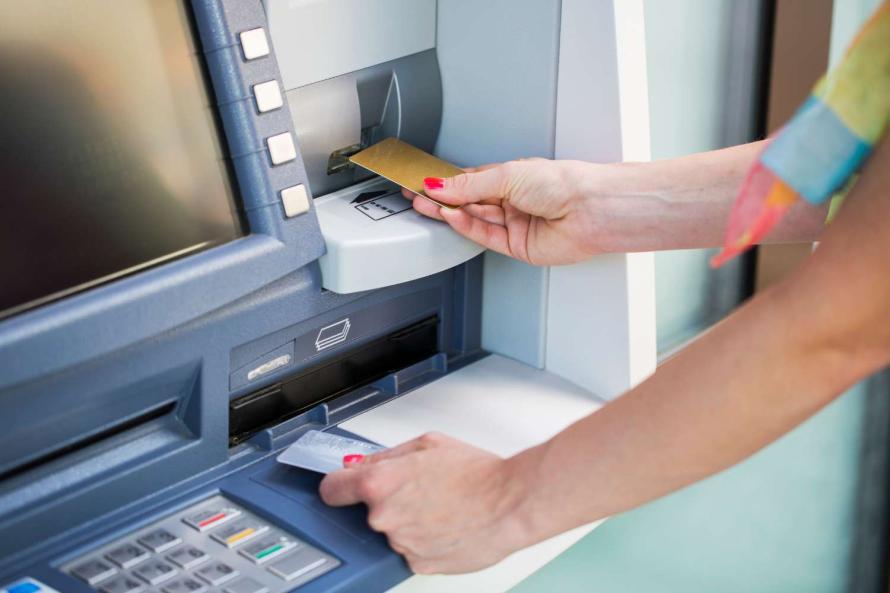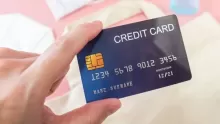Cash Advance Fee on Credit Cards: What You Need to Know

A cash advance lets you withdraw cash using your credit card, just like taking money from an ATM. It can be helpful when you need urgent cash, but it comes with high costs. In India, using a credit card for cash withdrawals includes extra fees and high-interest rates, making it an expensive option. Knowing these charges in advance can help you manage your money better and avoid unnecessary debt.
Cash Advance Fees in India
If you withdraw cash using your credit card in India, banks charge a cash advance fee between 2.5% to 3.5% of the withdrawn amount. However, there is always a minimum fee, which varies by bank. Here’s how some banks charge:
- HDFC Bank: Charges a fee of 2.5% on the withdrawn amount or ₹500, whichever is higher.
- ICICI Bank: Imposes a fee ranging from 2.5% to 3% of the transaction amount, with a minimum charge of ₹250 to ₹500.
- Axis Bank: Charges typically range between 2.5% and 3.5% of the withdrawn amount, subject to a minimum fee of ₹500.
These fees are applied per transaction and are reflected in your billing statement.
When a Cash Advance Becomes Necessary
While it’s generally best to avoid cash advances due to their high costs, there are situations where they can be helpful:
- Emergency Situations: Sometimes, emergencies occur where you need cash quickly, and no other payment method is available.
- Travel: In some places, especially rural areas, cash is preferred, and a cash advance can help you have money.
- Unforeseen Expenses: Unexpected expenses arise that need immediate payment, and a cash advance can be a quick solution.
Interest Rates on Cash Advances
Cash withdrawals using a credit card come with high-interest rates in addition to the cash advance fee. For example, ICICI Bank charges 2.95% per month (41.75% per year) on the withdrawn amount. Unlike regular purchases, there is no interest-free period for cash advances, meaning interest starts accumulating immediately from the moment of withdrawal.
Cash Advance Limits
Credit card issuers set a cash advance limit, which is a portion of your overall credit limit. This limit typically ranges from 20% to 40% of your total credit limit. For example, if your credit limit is ₹1,00,000, your cash advance limit might be between ₹20,000 and ₹40,000.
Additional Charges
- ATM Fees: Using an ATM to withdraw cash with a credit card may come with extra charges from both the bank and the ATM provider. Since August 1, 2021, the Reserve Bank of India (RBI) has set the ATM maintenance fee at ₹17 per withdrawal, excluding taxes.
- Overseas Transactions: International cash withdrawals may attract additional fees. For example, Standard Chartered Bank levies a 3.5% transaction fee on all overseas transactions.
Impact on Credit Score
Taking a cash advance won’t directly lower your credit score, but if you don’t repay it quickly, it can increase your credit usage and risk of missing payments, which can hurt your credit rating.
Alternatives to Cash Advances
Considering the high costs associated with credit card cash advances, exploring alternatives is advisable:
- Personal Loans: Often have lower interest rates and can be tailored to your repayment capacity.
- Debit Card Withdrawals: Using your debit card to withdraw cash from your bank account avoids the high fees and interest associated with credit card cash advances.
- Payday Advance Apps: These apps allow you to borrow against your next paycheck, often with lower fees than credit card cash advances.
How to Avoid Cash Advance Fees?
Before taking a cash advance, consider these easier and cheaper ways to get the cash you need:
- Use Your Savings: If you have money in a savings account, it’s better to use that instead of paying high fees and interest on a cash advance. Just make sure to add the money back when you can.
- Payday Advance Apps: These apps let you borrow money from your next paycheck. Some may charge small fees, but they don’t have high interest like cash advances.
- Buy Now, Pay Later (BNPL) Apps: These services allow you to buy something and pay in four smaller installments, often without interest.
- Borrow from Friends or Family: If you have someone you trust, you might be able to get a short-term loan without extra costs.
Using these options can help you avoid extra charges and keep your finances in check.
Conclusion
Credit card cash advances give you quick cash, but they come with high fees and interest rates, especially in India. Before taking one, it's important to understand the costs and explore other options. If you must use a cash advance, try to pay it back as soon as possible to avoid high-interest charges and extra financial stress.




Leave a Reply